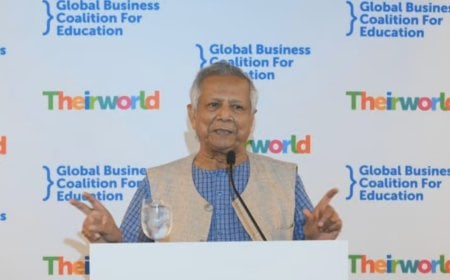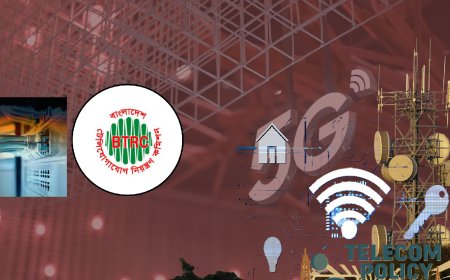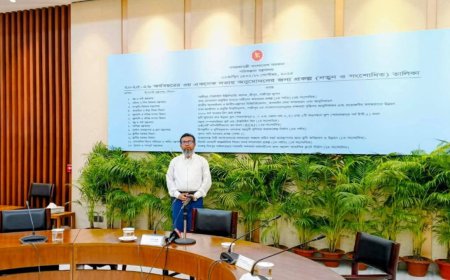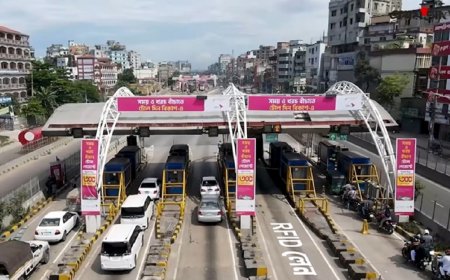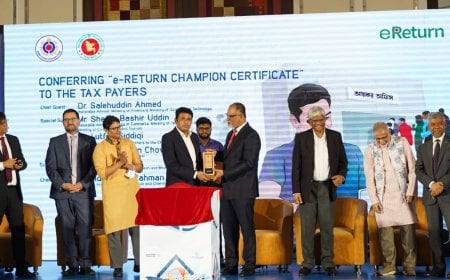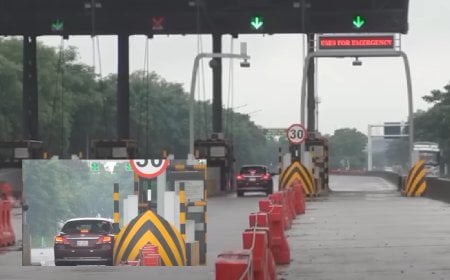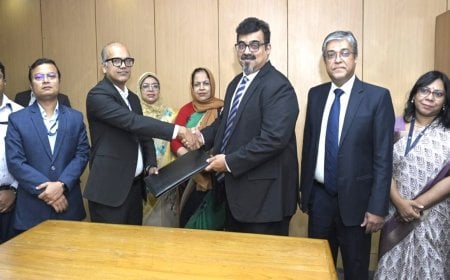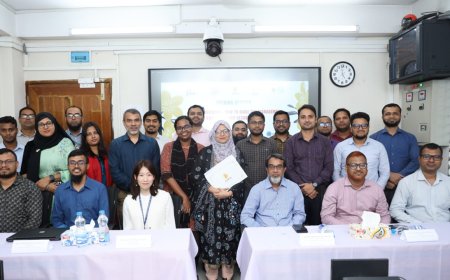Telecom Transformation: Bangladesh Approves Licensing and Network Policy 2025
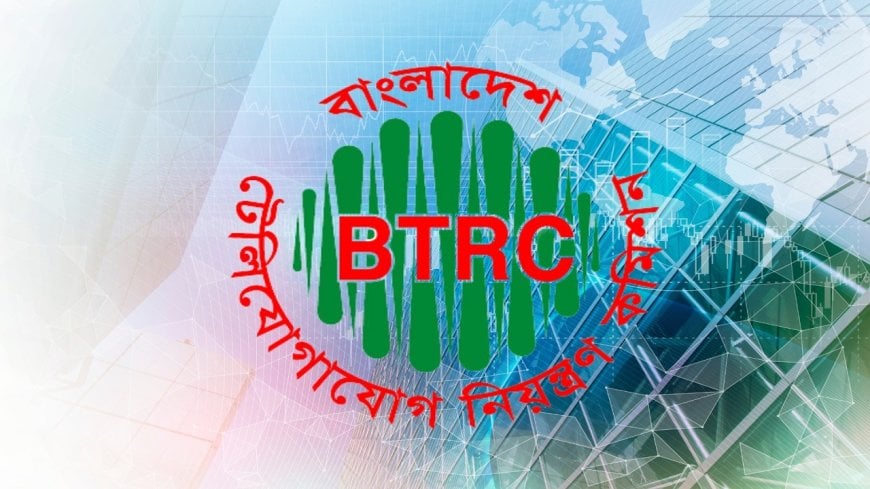
The Advisory Council has approved the Telecommunication Network and Licensing Policy 2025. Following the President’s directive, the Posts and Telecommunications Division published the new law, abolishing the International Long-Distance Telecommunication Service (ILDTs). A related gazette notification was issued on September 18 and subsequently sent to BG Press for formal publication.
According to sources, the Bangladesh Telecommunication Regulatory Commission (BTRC) has already held meetings with stakeholders to prepare guidelines under the new policy. The guidelines are expected to be released as early as next month.
With the cancellation of the old law, the country’s telecom services will now operate under four licenses once existing licenses expire. As per the new policy, all current license holders must shift to the updated license framework by 2027.
Services previously segmented under separate licenses—such as International Internet Gateway (IIG), International Terrestrial Cable (ITC), or International Gateway (IGW)—will now be provided under a unified license. Investors will no longer require separate licenses for infrastructure-based ventures such as fiber networks, tower operations, or data centers, enabling them to operate under one license. Emerging services like private 5G, Voice over WiFi, WiFi-6, and WiFi-7 will also be easier to implement under the new regime.
Operators will now be categorized as Access Network Service Providers (ANSP), National Infrastructure and Connectivity Service Providers (NICSP), or International Connectivity Service Providers (ICSP), depending on the type of services offered.
Speaking on behalf of the Chief Adviser, Special Assistant on Posts, Telecommunications, and ICT Affairs, Faiz Ahmad Taiyeb stated: “Through this policy, the stratification of licensing will be reduced, middlemen will be minimized, and competitive services will be ensured. This will allow customers to receive services at affordable prices without reducing government revenue.”
